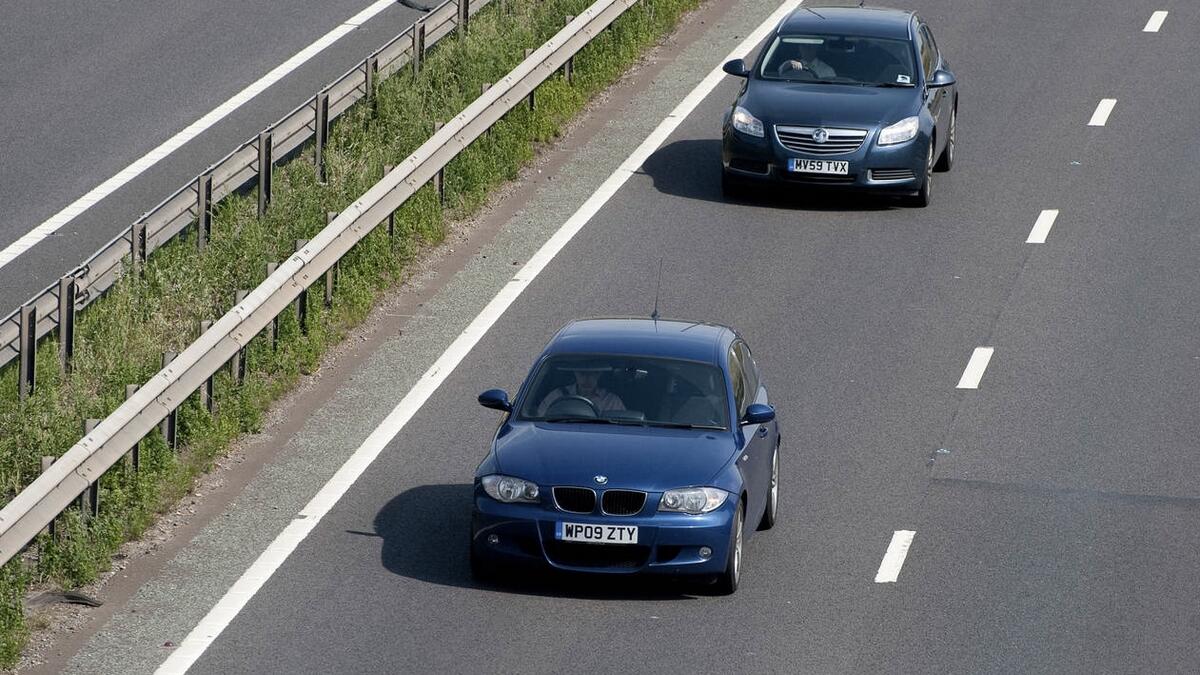Tailgating is a dangerous driving behavior that remains prevalent in the UAE, with fines of Dh400 and four black points for offenders. The Dubai Police recently arrested a delivery man for intentionally hitting another rider, highlighting the risks associated with aggressive driving. While violent road rage incidents are rare, other behaviors like flashing headlights, blaring horns, illegal overtaking, and tailgating pose a threat to road safety. Dr. Mostafa Al Dah, a traffic safety expert, emphasized the dangers of tailgating and its role in serious accidents.
Dr. Al Dah also highlighted other dangerous driving behaviors observed on the roads, such as ignoring traffic rules and putting lives at risk. In a more severe case, a Dubai motorist was fined Dh50,000 for tailgating and dangerous overtaking, underscoring the consequences of reckless driving. Thomas Edelmann, a road safety advocate, attributed these behaviors to time pressure and a lack of consideration for others on the road. He emphasized the importance of mutual respect and polite driving to improve road safety.
Edelmann also mentioned the diverse cultural backgrounds in the UAE as a contributing factor to road behavior, noting the need for a more caring attitude among drivers. Establishing politeness and consideration as the norm can enhance road safety and prevent accidents. Proper time management and awareness of others are key to avoiding rushing and making reckless decisions while driving. Road safety etiquette, including respecting others on the road, using indicators, and allowing for smoother lane changes, can contribute to a safer driving environment for everyone.
It is essential for drivers to maintain a safe distance, yield to faster vehicles, and avoid blocking lanes unnecessarily. Using indicators, allowing for smooth lane changes, and planning ahead can reduce the likelihood of conflicts on the road. By promoting a culture of mutual respect and consideration, drivers can work together to create a safer and more harmonious driving experience for all road users. Developing a non-egoistic attitude and prioritizing the well-being of others can lead to a more positive and cooperative road environment. Ultimately, fostering a culture of caring and politeness on the roads can improve safety and prevent accidents.































